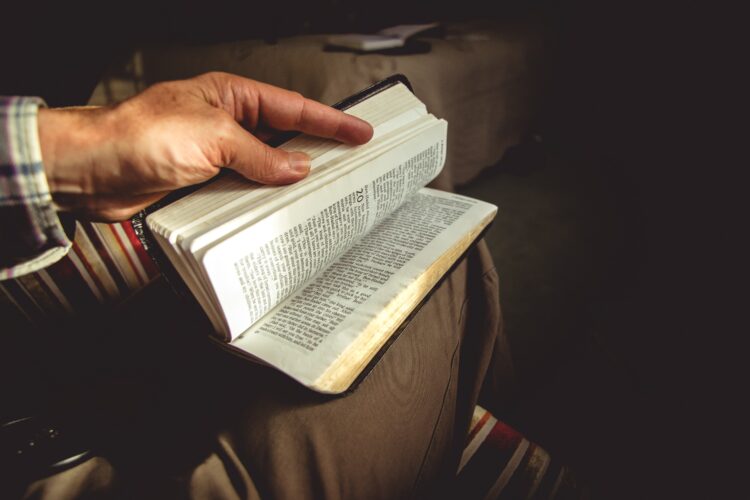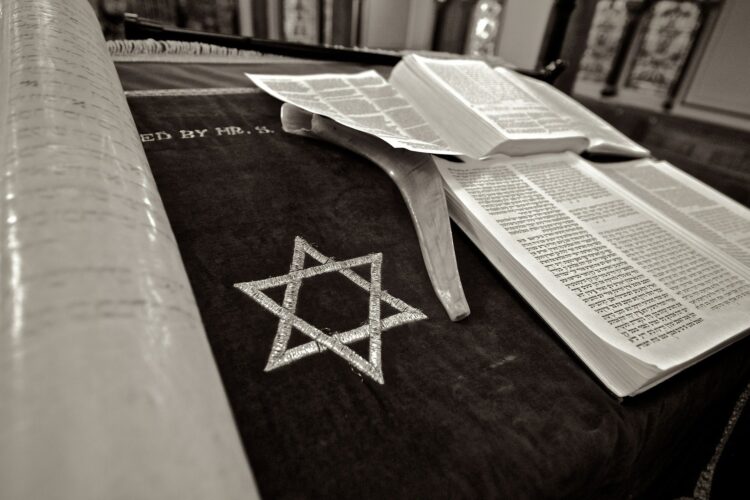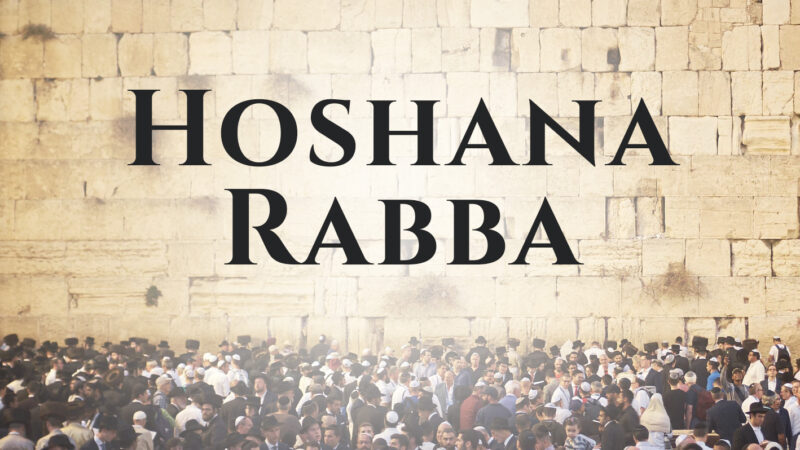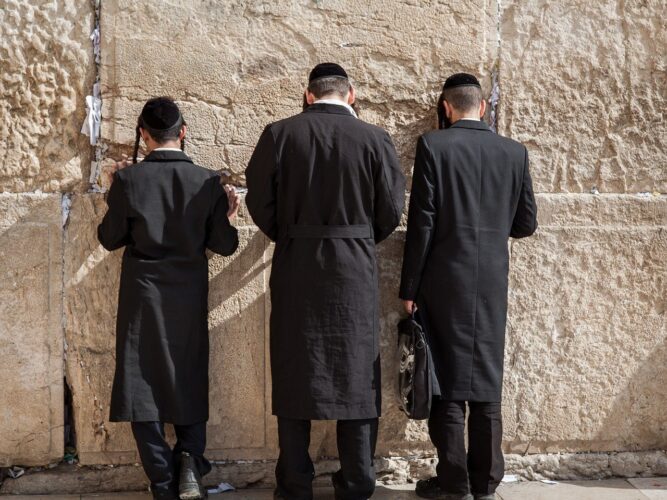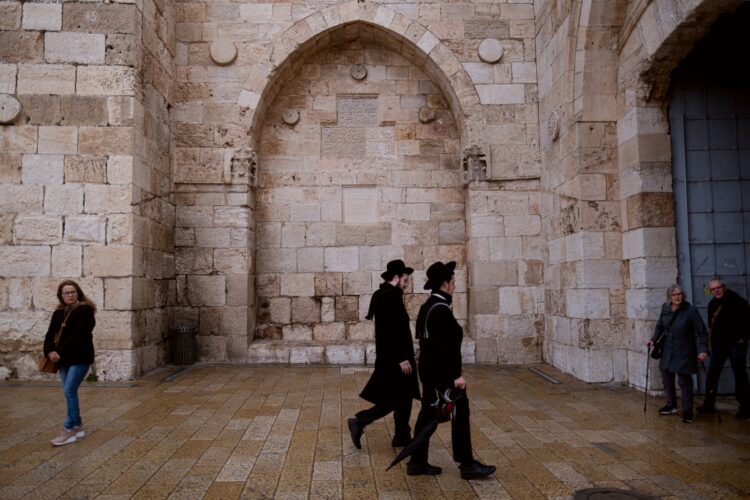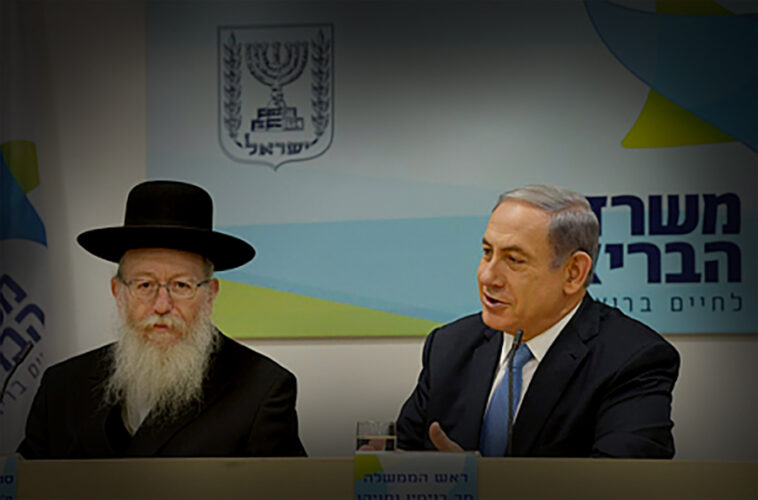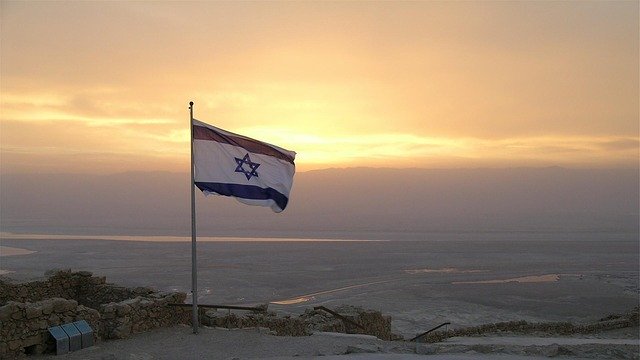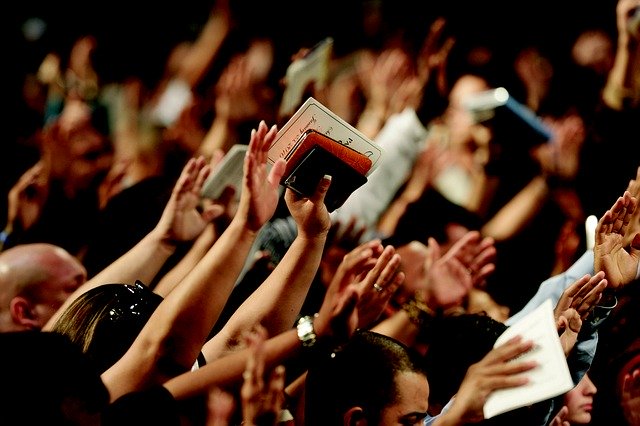We are amazingly going to new elections in Israel though the last elections were less than a year ago. Benjamin Netanyahu has dissolved two governments that he recently led to gain a coalition that was more in unity with him. It is important for those Messianic Jews and Christians who vote in Israel to understand the issues and to prayerfully vote. However, it is also important that those who pray for Israel have some understanding to enable their prayers to be joined with knowledge as well as being led by the Spirit. Now these are my personal views, and some of you will want to do your own research.
All should understand that Israel is a parliamentary system where the party with the most votes is given the opportunity to form a government if they have a majority or if they can get other parties to join with them in a coalition. Unlike the United Kingdom, the Knesset Members (Parliament) of Israel are not elected according to representation from districts. The citizens of the nation vote for the party they desire. This then leads to proportional representation nationally in the Knesset. A party must meet a vote threshold to have representation in the Knesset. This has produced much fragmentation and too many elections in the past few years and been part of the reason why Benjamin Netanyahu has dissolved his governments. The Knesset has 120 members. To be Prime Minister a party leader needs to receive 61 votes from Knesset members.
The second thing that all should know is that conservative in Israel does not mean socially conservative. For example, the conservative parties of Likud, New Hope, and Yisrael Beitenu are not anti-abortion and support LGBTQ rights. Coalition governments that include religious Jewish parties are limited in supporting the social agendas of the LGBTQ movement. The Rabbis of Israel control marriage. Conservative in Israel means rejecting a two-state solution with the Palestinians or at least only accepting a very small restricted state for them. No one on the right is talking about ceding the land in the areas of Jewish settlement in Judea and Samaria (the West Bank). In addition, conservative in Israel is pro-free enterprise. One of the amazing things about Israel is the decline of the left wing. This was largely due to the failure of negotiations for a two-state solution and the intifadas or uprisings of the Palestinians after they refused the solution given during the time of Prime Minister Ehud Barak and President Bill Clinton. Their rejection of a more generous off under Prime Minister Ehud Olmert was the last straw. The left wing is thus now largely powerless in Israel.
Here is my analysis of the parties and the issues
Those Parties with polling that they will be in the Knesset (Parliament)
Right Wing Parties
Likud: Benjamin Netanyahu: 29: The Prime Minister has been a darling of American Evangelicals. What he has done for Israel is enormous and he is a great patriot. His father was a noted historian and Zionist. His brother was killed in the famous rescue in the raid on Entebbe, Uganda. As finance minister, Bibi brought Israel out of the doldrums of low growth and inflation through policies that fostered strong economic growth. Such policies continued in his leadership as Prime Minister. In my view his dealing with the Iran nuclear bomb issue was courageous. His work in diplomacy and the peace treaties with Arab governments in the Abraham accords has been brilliant. In fighting COVID he went to economic shutdowns which I do not favor, but brilliantly negotiated to bring vaccines to Israel to make Israel the #1 success in vaccination. The big deficit is that he does not keep his word. He now breaks his word with Blue and White leader Benny Gantz. It is alleged and it seems so, that when another leader in Likud rises in popularity, Bibi needs to marginalize him. He has alienated many who used to be with him. This is the case with Gideon Sa’ar. See below for Sa-ar. Bibi is sometimes bombastic, dishonest and amazingly manipulative. He does not have a reputation for integrity. He may also be seeking elections to pass a law to not have to face a trail for corruption/fraud. To me it seems the accusations are credible and brought by his one-time partner who leads the justice department, Attorney General Mandelblit, a conservative Likud member. Bibi has not sufficiently dealt with the high cost of housing and other cost of living issues. He has also failed to bring justice in financing, housing, and services to the Arab Israeli citizens. Bibi submits to ultra-Orthodox demands to be released from Army or national service and for men to not have to work so they can study Talmud. In education this means that they resist basic leaning that can prepare them for jobs but yet their schools (yeshivot) demand enormous subsidies and get them. This is a bitter issue for many Israelis and a real problem.
New Hope: Gideon Sa’ar: 14: For many years he was high up in the Likud. He has a reputation for integrity. Many of his policies would be like Bibi’s. One of the things that is important to me is that when he led the Interior Department (Misrad HaPanim), he was just in dealing with immigration. Messianic Jews and also many others were excluded by the Interior leaders without legal grounds. The Shas Party that controls this agency has put out orders to resist citizenship for all followers of Yeshua. They practice delay tactics. Sa’ar is very conservative on the issue of a Palestinian state. He is in favor an autonomy, maybe linkage to Jordan. He does not bend to the norm that everyone has to be fully citizens of a state, though he would probably favor Jordan for such citizenship. He will not cede the west bank. I do not know where he is on justice for Arab Israelis and for prices in Israel. He was marginalized by Bibi and just had enough with him and thus foremed this new party.
Right Party; Yamina: Naftali Bennet: 11: Bennet led the national religious party when it was in an earlier coalition with Bibi. Bibi was very upset with him for publicly criticizing him. He left that party to have a larger party that could appeal to both religious people and conservative secular people. In the last coalition Bibi offered him so little to be in the government that Bennet went into the opposition. He probably could do well in coalition with Sa-ar. Would he also stop the progressing of the LGBGQ agenda if in power? Probably, especially if the Ultra-Orthodox are in the coalition or if the Religious Zionists were in the coalition with him
Relgious Zionist Party and Otzma: Bazalel Smotrich: Itamar Ben Gvir: 4: Bazalel Smotrich seems to me to be a very radical right wing person. I don’t think he cares about Arab Israeli justice. He recently joined with Otzma under Ben Gvir who is a follower of the late Meir Kahani who believed that the Arabs needed to leave Israel. This joining was to enable them to pass the threshold for Parliament and was encouraged by Bibi. Bibi says that he would not put Ben Gvir in the government (a cabinet position).
Shas: Aryeh Deri: 8: The Shas party represents the Orthodox Sephardic community in Israel. For us they have a pro and a con. The pro is that they are a stop for radical LGBTQ agendas in Israel. The negative is that they control the Interior Department and make citizenship very hard for Messianic Jews and many others who qualify. Sometimes this is at a level of causing real hardship. Deri himself went to jail for fraud and is under investigation again. They are not as radical in wanting men to study Talmud and not work but do tend to an alliance with United Torah Judaism, our next party.
United Torah Judaism: 7 They are the Ashkenazic Ultra-Orthodox coalition party led by Moshe Gafni and Yaakov Litzman. The enter coalition governments to extract money for their schools (Yeshivot) and seek to preclude the requirements of their schools teaching skills and knowledge that would enable their young men to find work. They thus crate a welfare system that is unique to them. During the period of the government when Yair Lapide was in the coalition, laws were passed to mitigate this problem. It was all reversed in the next government Bibi formed. However, they are a barrier to the radical LGBTQ agenda. UTJ is a non-Zionist party. They say they would not be in a government with Yair Lapide or Avigdor Lieberman.
Yisrael Beitenu: Avigdor Lieberman: 7: This party is a secular Russian Jewish oriented party. Lieberman used to be part of Bibi’s government years ago. He has fallen out with him. He says he will not serve in a government he leads. He is also committed to end the special status for the Ultra-Orthodox to not work and to support schools that do not prepare young people to work. He would join with Likud if Bibi was not leading it and if they would begin to reform the situation with the Ultra-Orthodox. He is also fighting for the status for Russian Jews, 400,000 of whom are not recognized as Jewish by the Shas Interior Department. They thus cannot marry other Jews in the Land of Israel, but have to leave Israel to marry. This is due to them being Jewish through their fathers or due to lack of documentation which is difficult from a Soviet Communist past.
This totals 80 seats in the Knesset. Other polls are similar. Yet some would not sit with some of the others. Taking that into account, you many still only have 60 and not enough.
Centrist Parties
Yesh Atid: Yair Lapide: 17. Lapide merged his party with Blue and White under Benny Gantz. They were close to being able to form the coalition with Gantz as Prime Minister. However, some would not accept the votes of the Arab parties to do this. The votes of the Arab parties were needed. Therefore, Gantz joined in a unity government where he would be associate Prime Minister. Lapide did not trust this agreement and pulled out of the Blue and White and went back to his own party. He is moderate on the Palestinian state issue. He is open to this, up but wants to keep the major settlements. He is for strong security as well. His big pluses are that he wants to reform the relationships with the Ultra-Orthodox, and wants to reform policies on housing and other cost of living issues to make Israel affordable to the middle class which is being priced out of being able to afford living here. Messianic Jews were very disappointed in him because he stood against a Messianic Jewish Congregation getting their official non-profit status here.
Blue and White: Benny Gantz: 4: Benny was a well respected General and Army head. He lost some credibility when he entered the coalition government with Bibi to prevent another election during COVID. Bibi, as expected by many, broke his agreements with him: doing a two year budget (there is still not buget) and on other matters. Gantz has looked weak and been played by Bibi. Many thought it would have been better for him to stay with Lapide and be united in the opposition, but his view was at that time< during the COVID crisis, that a new election was likely to yield the same results and that tne national good required avoiding an election.
The Centrist have 21 mandates in this poll. They could join with right wing parties, but would not want to or be able to join with Shas and United Torah Judaism. Lapide will not join a government under Bibi again. Centrist parties could join with Labor.
Left Parties
Labor: Merav Michaeli: 6 Labor was the dominant party in Israel for its first three decades and then had power off and on after. The last labor leader as Prime Minister was Ehud Barak. Since then it was down hill. Originally the party was very socialistic orientated but today is more moderate. They embrace free enterprise but desire better wealth distribution and more help for people. They embrace a two state solution to the Palestinian conflict, but do not want to dismantle the settlement blocks.
Meretz: Nitzan Horowitz: 4 This is the most leftist Jewish party. All of the Jewish parties except for United Torah Judaism are now Zionist, or believe in the State of Israel. However, Meretz is the most radical in regard to borders for a Palestinian state and being anti settlement in the territories of the West Bank.
Jewish Left Parties have 10 mandates.
Arab Parties
Joint Arab List: Ayman Odeh: 9: The Arab parties do not join coalitions. In my view this is very sad. It is because they are anti-Zionist. Therefore, they lose political power in fighting for justice for Israeli Arabs. They need to be more focused on the needs of their towns and bring services, roads, hospitals, police and housing, but due to their stands against Israel have no political leverage. Justice should be served by Israeli governments bringing justice anyway, but they do not do so.
Ra’am: Mansour Abbas: 4: Previously part of the Join list above, but now separated due to wanting an even more anti-Zionist stand.
A New Party
Gush HaTanaki: David Friedman: I include this party not because they are polling to get into the Knesset, but because Friedman is a Messianic Jewish scholar. His party is not just for Messianic Jews. Others leaders in the party are not Messianic Jews Their platform is very good, but they do not yet have traction.
Praying for Israel and the Election
The next prime minister will be from the rightwing camp. The big prayer issues for me are justice for the Messianic Jews, Russian Jews, and others. We need a change of leadership in the immigration department. I pray that Shas will not be in control of this department. In addition, even for their own sake, I want to see Ultra-Orthodox men required to work and be trained in their education systems for work or vocations. This is a key to the Ultra-Orthodox not living in poverty. There can be some who are called to study for a life time but this should be a much lower percentage. I am very concerned for justice for the Arab towns in Israel. Lastly, I want to see social improvement in hospitals, wages for teachers and social workers, and great improvement in the cost of living. Pray that the next prime minister has great wisdom in navigating the international scene and protecting the security of Israel. In my view, Bibi has been very good at that.

